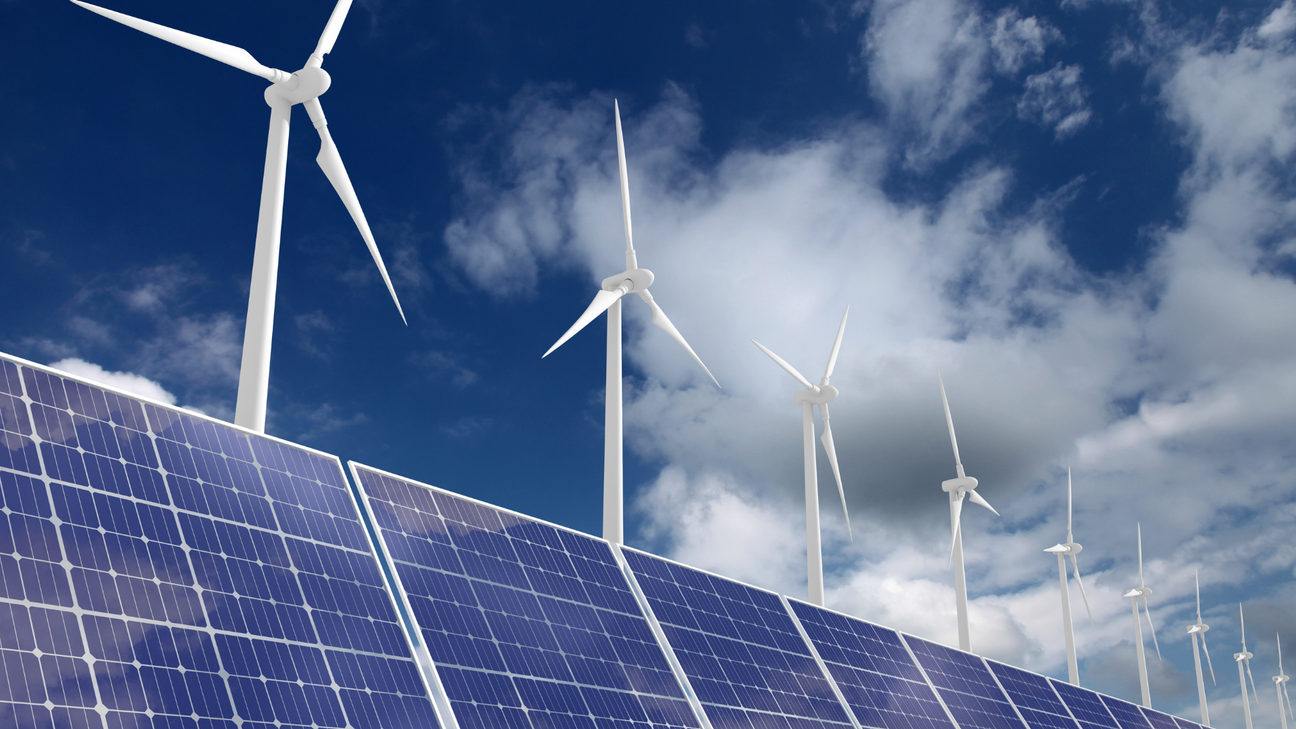Energy and climate transition: How to strengthen the EU’s competitiveness

Share
How can Europe’s industry address its current energy and carbon costs challenges while achieving Net-Zero emissions by 2050? Compass Lexecon was commissioned by Business Europe to conduct an economic analysis of the EU energy system’s transition and its implications for competitiveness. The report, authored by Fabien Roques and Florian Bourcier, analyses the drivers of energy costs and identifies potential strategies for efficiently meeting climate and energy targets while maintaining international competitiveness.
The study uses Compass Lexecon’s proprietary models to project the evolution of Europe’s energy system to 2050 under different sets of policies and assumptions, and analyses the impact on energy and carbon costs for EU industry.
A key takeaway from the findings is the need to address competitiveness issues in the energy transition. Indeed, without policy action energy prices in Europe may continue to be considerably higher than those of international competitors.
The analysis illustrates the need for better coordination of the development of clean technologies, as well as timely scaling up of key infrastructures and flexibility to reduce costs in the transition.
The study also deep dives in particular on the business case for decarbonisation of steel and ammonia and illustrates both the challenges and leeway for policy action to support decarbonisation.